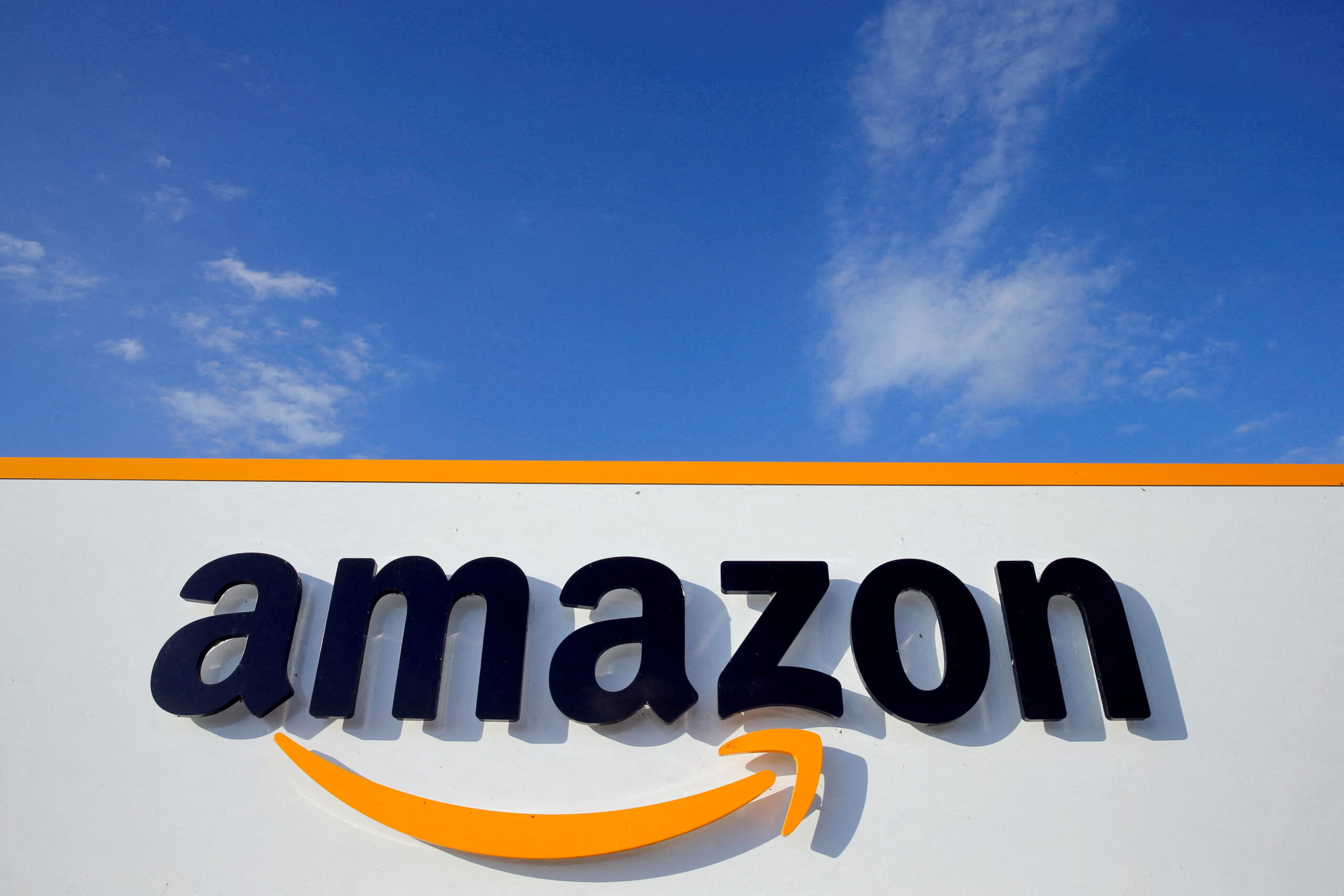The Case Against Amazon’s Prime Subscription Practices
The long-awaited trial that places Amazon under scrutiny for its Prime membership practices has begun. It centers on accusations that the company used deceptive user-interface tactics to enroll customers and created burdensome cancellation hurdles. According to regulators, Amazon relied on so-called “dark patterns.” These are manipulative design elements that guide users into making choices they might not otherwise take. This strategy helped expand its Prime subscriber base. Prime now generates billions annually and serves as a cornerstone of Amazon’s ecosystem. Thus, the implications of this trial extend far beyond one subscription model. Consumers have reported that while signing up for Prime often takes just two clicks, the cancellation process has historically required navigating multiple steps, warnings, and redirects. This raises questions about fairness and transparency in digital commerce.
Understanding Dark Patterns in Digital Commerce
The concept of dark patterns has become a central theme in technology policy. As companies increasingly face scrutiny over the ethics of their design strategies, dark patterns come into question. These include tactics such as confusing navigation, repeated prompts, or hiding key information in fine print — all of which can manipulate decision-making. Amazon’s so-called “Iliad Flow” cancellation process is internally compared to the long and arduous journey in Homer’s epic. Reportedly, it required customers to go through four pages, six clicks, and numerous decision points before successfully ending their subscription. By making cancellation deliberately more difficult than sign-up, critics argue Amazon gained a competitive advantage. This advantage, they say, comes at the expense of user autonomy. For more context on how dark patterns impact digital behavior, resources from Consumer Reports and The Verge provide detailed explorations into the issue.
Broader Implications for Subscription Services
The outcome of this trial could set a significant precedent for subscription-based businesses worldwide. If regulators succeed, companies may be required to implement simplified cancellation processes. This ensures that consumer choice is respected. This case also highlights the growing demand for transparency in billing practices, especially in services that auto-renew. Prime, once focused solely on expedited shipping, has evolved into a multifaceted service. It now includes streaming video, grocery delivery, exclusive discounts, and more. Its estimated 197 million U.S. subscribers underscore how deeply it has penetrated daily life. Yet, the controversy around cancellation reveals a tension between user convenience and corporate profit strategies. Analysts note that regulatory action in this space could reshape not only Amazon’s practices but also influence platforms like Netflix, Spotify, and other subscription giants that rely heavily on recurring revenue models.







